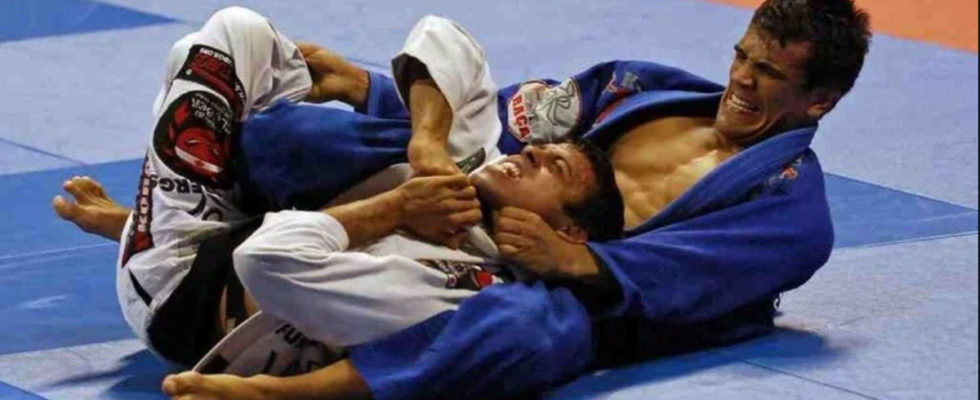BJJ is a martial art that has grown in popularity over the course of the last decade. It differs from majority of martial arts because practitioners are not trading strikes – and it’s less volatile than wrestling and judo.
Brazilian Jiu-Jitsu also mainly focuses on ground fighting, therefore there is a lot less damage suffered than in a takedown-oriented grappling martial art like Judo or Wrestling.
BJJ is famously depicted as “Arte Suave”, Portuguese for “Gentle Art”. The argument is that the art requires a lot less brute strength, and revolves around leverage and the body’s natural mechanics.
A group of researchers from the Neurovascular Research Laboratory of the University of South Wales performed a study analyzing the blood flow to the brain in elite Brazilian Jiu-Jitsu athletes. The study had come to a very interesting conclusion – BJJ athletes had a higher resting blood flow to the brain and in-tact cognitive function leading us to the conclusion that BJJ practitioners may be at less risk of brain injury than previously thought.
Benjamin Stacey, Lecturer in Clinical Science, said:
“The popularity of BJJ is growing exponentially and is likely attributable to many people witnessing its effectiveness in Mixed Martial Arts (MMA) on promotions such as the Ultimate Fighting Championship (UFC) and Bellator.”
“The inclusivity of BJJ allows for all individuals to train together, regardless of age, sex or physical ability and when compared to other combat sports, BJJ carries a lesser risk to injury.”
“Our unique findings argue against the notion that BJJ predisposes an individual to greater risk of long-lasting brain damage and conversely, provides evidence for enhanced protection for the brain. These observations may be attributed to choke-induced preconditioning and/or exposure to BJJ-specific high-intensity interval training, which we know can confer protective benefits for the brain”.
“These findings can help to inform much-needed follow-up research to extensively examine both the short and long-term implications of participation in the sport”.
Several years ago there was a concern that practicing a martial art that featured choking could affect the brain in a detrimental fashion. Combarsportslaw reported:
a physician published a case study highlighting a mixed martial artist who developed CTE. The physician suggested that in addition to brain trauma from strikes, frequent chokes in MMA could have played a role in the development of the disease.
Those claims were subsequently debunked in a paper “Dangers of Mixed Martial Arts in the Development of Chronic Traumatic Encephalopathy” by authors Lim, Ho, and Ho, which was published in the International Journal of Environmental Research and Public Health (2019; 16: 254).
